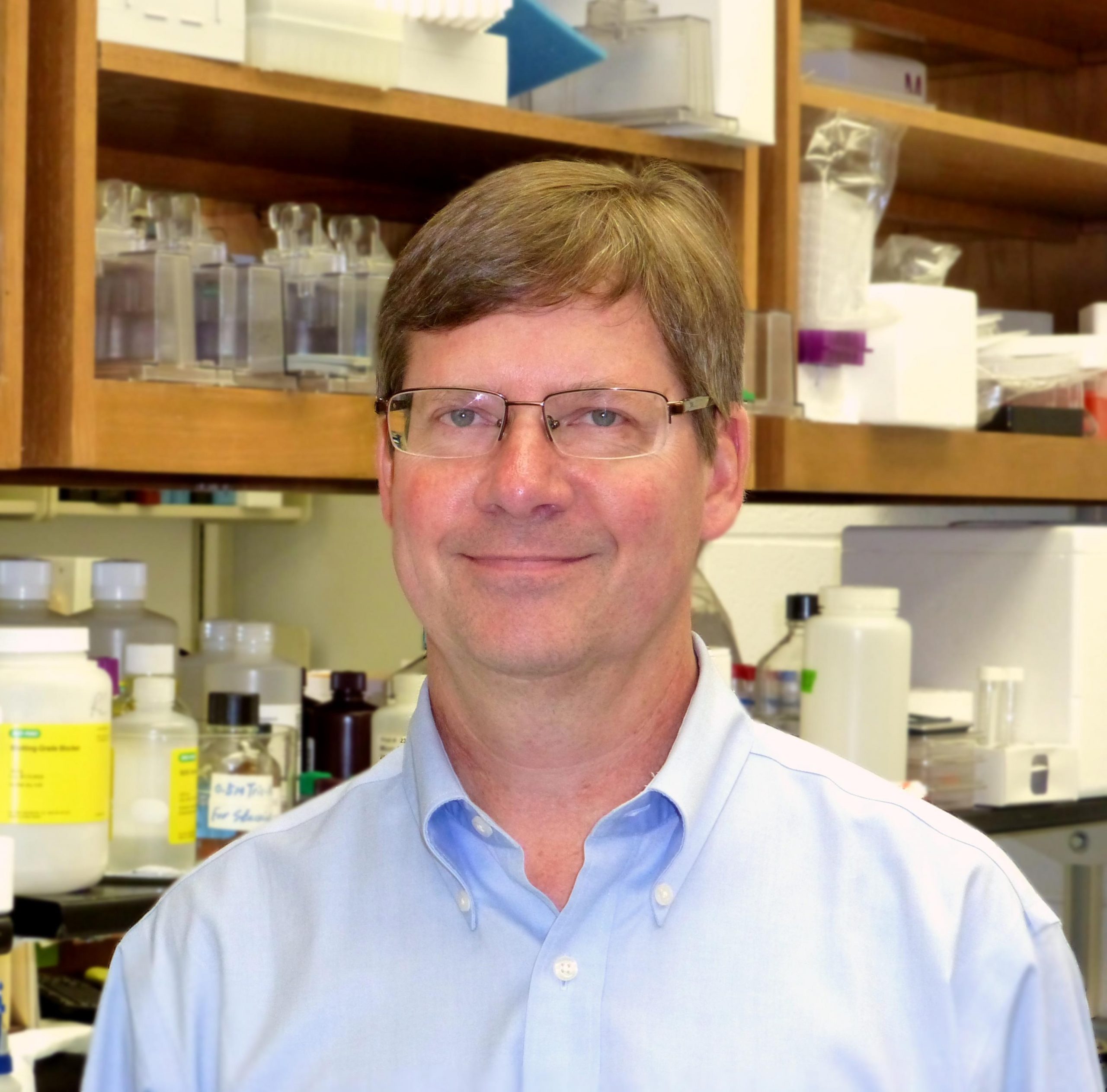Dr. Loeser’s primary research goal is to discover the basic mechanisms relevant to joint tissue destruction in osteoarthritis. Osteoarthritis (OA) is the leading cause of pain and disability in older adults. A better mechanistic understanding of OA is needed in order to develop interventions that can slow or stop disease progression before advanced joint tissue destruction occurs. The lab uses a combination of in vitro experiments in human joint tissue cells and in vivo experiments in mouse models to study cell signaling pathways that regulate anabolic and catabolic activity responsible for joint tissue remodeling and destruction. Projects in the lab include studies of the cell signaling pathways activated by the interaction of fibronectin fragments with the α5β1 integrin on chondrocytes. Fibronectin fragments, found in arthritic cartilage and synovial fluid, generate signals that result in up-regulation of a number of matrix degrading enzymes, cytokines, and chemokines that are relevant to OA. Another major project in the lab is to study the mechanism for chondrocyte IGF-1 resistance that is seen with aging and the development of OA. The lab is particularly interested in determining how reactive oxygen species regulate chondrocyte signaling downstream of integrins, cytokines and growth factors through the oxidation of specific cysteine residues in kinases and phosphatases as well as other intracellular proteins. The lab is studying how oxidative stress that occurs with aging and joint injury can alter the activity of these signaling pathways with the goal of finding new signaling targets for small molecule inhibitors.
Richard Loeser, MD

